Literary rating: ★★★★
Kick-butt quotient: ☆☆☆
I recommended this novel mainly for fans of action-adventure/espionage fiction. It was also a bit of a head-scratcher for me –as well as for the main characters!– whether their adventure is actually in the realm of the supernatural or of science fiction. There are definitely elements that could be explained in terms of the latter. But we also have a scenario of supposed would-be supernatural intervention to usher in the end of the present world order, as described in the biblical book of Revelation (given the title, that’s hardly a spoiler), which is presumed to be a bad thing. (In books and films with that premise, it’s always presumed to be a bad thing).
A valid criticism that could be made of that whole sub-genre is that it’s theologically illiterate, regardless of whether you’re talking about Christian, Jewish, or Moslem theology. None of these faiths view God’s final action at the end of history, to deliver the righteous from evil and oppression and usher in an eternal order of true peace and justice, as a bad thing; and none of them imagine that it can be brought about or jump-started by demonic or human manipulation. A second valid criticism of this particular book, IMO, is that the integration of the supernatural and SF elements here is clunky and unconvincing.
 Those criticisms aside, however, this is a very gripping, exciting read, that moves along at a rapid pace right out of the starting gate. We have two distinct narratives here, alternating: a main one set in the author’s present (2002), laid out in the numbered chapters, and an earlier one from 1980, interspersed between each chapter in short sections titled “In-Country.” How the one strand is related to the other isn’t clear until near the end, although one connection comes into focus sooner than that. This is a challenging structure for a novelist to pull off, and to my mind Macdonald does it very well; both strands held my interest, and the rapid cutting between the two made for a constant cliff-hanger effect. I was completely hooked for both of them early on.
Those criticisms aside, however, this is a very gripping, exciting read, that moves along at a rapid pace right out of the starting gate. We have two distinct narratives here, alternating: a main one set in the author’s present (2002), laid out in the numbered chapters, and an earlier one from 1980, interspersed between each chapter in short sections titled “In-Country.” How the one strand is related to the other isn’t clear until near the end, although one connection comes into focus sooner than that. This is a challenging structure for a novelist to pull off, and to my mind Macdonald does it very well; both strands held my interest, and the rapid cutting between the two made for a constant cliff-hanger effect. I was completely hooked for both of them early on.
“Peter Crossman” is our narrator for the main narrative (he indicates at the outset that this is an alias). He’s an ordained Roman Catholic priest –and also a high-ranking Knight Templar, for our premise here is that after they were slandered and suppressed in 1307, the Templars continued to exist underground, and still operate today as a secret agency for fighting evil. Much of their M.O. is similar to secular counterparts such as the CIA or MI6. (Macdonald’s Templars are thoroughly orthodox Roman Catholics –there’s no attempt here to make them into closeted heretics.) For the particular assignment he’s been given, he’s assisted by a younger colleague whose performance he’s to evaluate, and he also soon gets the unexpected assistance of Franciscan (Poor Clare) nun Sister Mary Magdalene.
But pistol-packing Maggie’s not your typical nun; she works for the Clare’s Special Action Executive Branch –a distaff equivalent of the Templars– as an assassin. Another quibble here, even if you’re prepared to accept the idea that the forces of good can permissibly employ extra-legal lethal force against evil, is that the Clare’s leadership don’t vet their contracts very well; Peter and Maggie (who’ve met before) encounter each other here when she’s sent to kill him. (That’s not much of a spoiler; we learn it in Chapter 2.) Obviously, when she finds out that her mark is one of the good guys, she doesn’t carry out the hit; but in her shoes, that would make me seriously aware that something’s amiss back at headquarters! But that aspect isn’t explored. The ensuing mission, though, proves to be challenging, lethally dangerous, and twisty as a pretzel.
Peter’s narrative voice is streetwise and heavily leavened with wisecracking humor, with the perspective of a tough veteran of too many years of rough-and-tumble action that’s exposed him to the depths of what evil humans are capable of; he doesn’t have any illusions about his fellow men or himself. But his faith rescues him from cynicism, and the reality of the Divine and the spiritual is taken seriously here. (Macdonald was raised as a Roman Catholic, I don’t know if he practices now, but he knows the nuances of Catholic belief and practice.) Good use is also made here of Templar history, and the history of their disreputable offshoot, the Teutonic Knights.
This is a very quick read, with little bad language (a few vulgarisms, one f-word, and no profanity) and minimal violence; what there is isn’t graphic or dwelt on. Three stars is my best estimate for the kick-butt quotient; by her own admission, Maggie’s killed people in her line of work, and when the good guys have to throw lead here, she throws it right along with the rest -–though when the smoke clears and the bodies are counted, as in real life, it may not be easy or worthwhile to figure out who shot who. The one sex scene in the 1980 narrative isn’t very explicit, and occupies three short sentences. (Peter finds Maggie sexy, as most males would, in holy orders or not; but that’s just a morally neutral quality she happens to have, and both she and he take their celibacy vows seriously.) Our hero and heroine aren’t plaster saints, but unlike some reviewers, I didn’t find either of them “blasphemous” nor bad representatives of their faith.
This is a stand-alone novel, a fact that has pluses and minuses; I’m not looking to get sucked into another series, but I actually wouldn’t mind following Peter and Maggie as series characters! (The author has penned some Peter Crossman short stories, which I might look into.)
Author: James D. Macdonald
Publisher: Tor, available through Amazon, both for Kindle and as a printed book.
A version of this review previously appeared on Goodreads.





 To be fair, the low rating here is not necessarily just the author’s fault. It was only almost at the end – when I was checking to see how much more I had to endure – that I discovered a salient fact. While this is described as being “Book 1” in the series, it appears to be a follow-up to the same writer’s five-volume Hunter Circles series. The heroine there,
To be fair, the low rating here is not necessarily just the author’s fault. It was only almost at the end – when I was checking to see how much more I had to endure – that I discovered a salient fact. While this is described as being “Book 1” in the series, it appears to be a follow-up to the same writer’s five-volume Hunter Circles series. The heroine there, 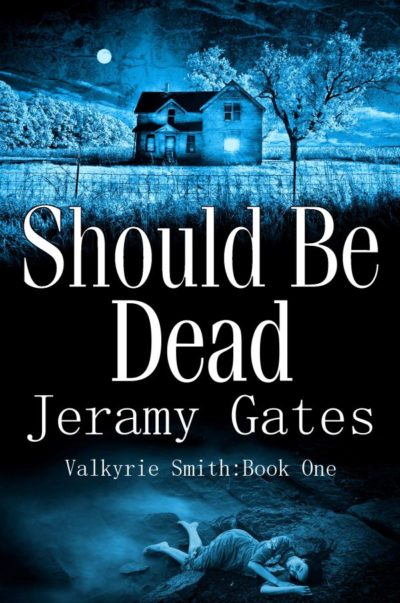 “Liberation, Val had learned, was not a simple matter of casting off stereotypes and social conventions. Nor was it a mere change in perspective. Rather, it was an evolution in state of being, a release not from consequences, but from fear.”
“Liberation, Val had learned, was not a simple matter of casting off stereotypes and social conventions. Nor was it a mere change in perspective. Rather, it was an evolution in state of being, a release not from consequences, but from fear.”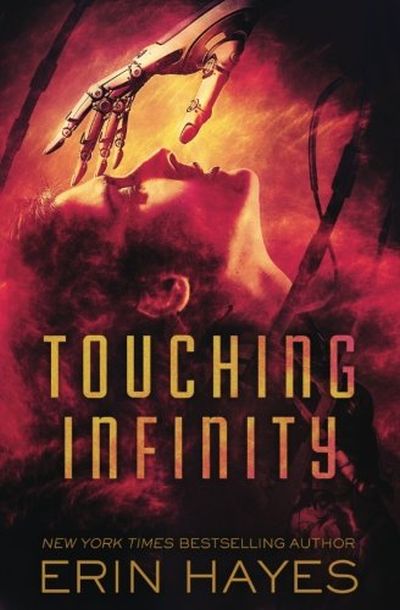 I will confess to a little post-read confusion here. Amazon calls this Volume 2 in the author’s Rogue Galaxy series – but I could find no information, there or elsewhere, regarding Volume 1. I suspect Amazon and Goodreads are wrong, and this is actually the first entry, as stated in the Dominion Rising collection. It certainly
I will confess to a little post-read confusion here. Amazon calls this Volume 2 in the author’s Rogue Galaxy series – but I could find no information, there or elsewhere, regarding Volume 1. I suspect Amazon and Goodreads are wrong, and this is actually the first entry, as stated in the Dominion Rising collection. It certainly 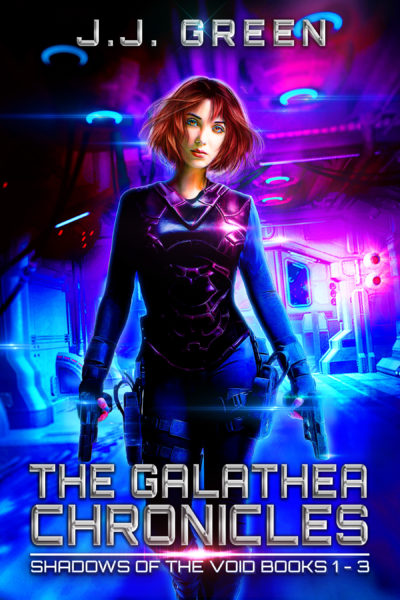 This compendium gathers together the first three (shortish) parts of Green’s Shadows of the Void series. In this, humanity has to face a malevolent alien species, the Shadows, which capture their victims, then take their shape in order to lure in more people. In these books, the threat is known but being largely kept under wraps, which is why it comes as a surprise to Jas Harrington. She’s the security officer on board a private exploration ship, sent out by the Polestar corporation to find new worlds to exploit. They find what appears to be a prime target, yet Harrington can’t shake the feeling something is wrong with the planet. Over-ruled by the ship’s captain, it turns out she was right – but by that point, the captain and almost all the officers have been replaced by their doppelgängers.
This compendium gathers together the first three (shortish) parts of Green’s Shadows of the Void series. In this, humanity has to face a malevolent alien species, the Shadows, which capture their victims, then take their shape in order to lure in more people. In these books, the threat is known but being largely kept under wraps, which is why it comes as a surprise to Jas Harrington. She’s the security officer on board a private exploration ship, sent out by the Polestar corporation to find new worlds to exploit. They find what appears to be a prime target, yet Harrington can’t shake the feeling something is wrong with the planet. Over-ruled by the ship’s captain, it turns out she was right – but by that point, the captain and almost all the officers have been replaced by their doppelgängers.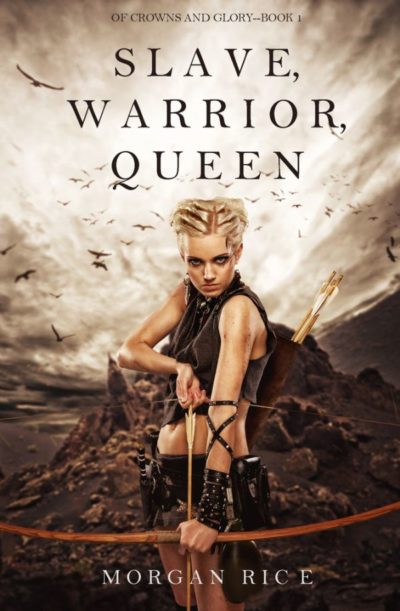 author is certainly prolific: this series, Of Crowns and Glory is eight books, yet only her
author is certainly prolific: this series, Of Crowns and Glory is eight books, yet only her 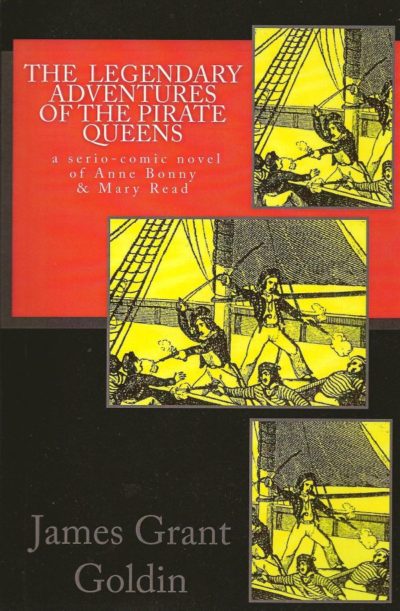 “Two women with swords was a sight that none of Vane’s men had ever imagined. It was like seeing a two-headed snake; one such monster would be a freak of nature, while two would indicate a terrible new species.”
“Two women with swords was a sight that none of Vane’s men had ever imagined. It was like seeing a two-headed snake; one such monster would be a freak of nature, while two would indicate a terrible new species.” Goodreads characterizes this novel, set in 1840, as the fifth volume in the author’s Sackett series. The fictional Sackett family, in L’Amour’s writings, are descended from tough, larger-than-life Barnabas Sackett, who emigrated to America in the 1600s and settled on the frontier, and who laid down a law for his descendants that whenever a Sackett was in trouble, the rest were bound to lend their aid. This book is indeed about a Sackett, and no doubt chronologically the fifth in that sequence. But the sequence forms a multi-generational saga in which the individual books are generally about different people; though some knowledge of the family origins, as mentioned above, might be helpful (and is repeated in the text of this book, for readers who didn’t read the series opener), they can be read perfectly well as stand-alones. (I haven’t read any of the other Sackett novels.) L’Amour also wrote sequences of novels and stories about two other fictional families that bred adventurous pioneers, the Chantrys and the Talons, whose paths sometimes cross those of the Sacketts –and the paths of a couple of the Chantrys will bring them into this tale as well.
Goodreads characterizes this novel, set in 1840, as the fifth volume in the author’s Sackett series. The fictional Sackett family, in L’Amour’s writings, are descended from tough, larger-than-life Barnabas Sackett, who emigrated to America in the 1600s and settled on the frontier, and who laid down a law for his descendants that whenever a Sackett was in trouble, the rest were bound to lend their aid. This book is indeed about a Sackett, and no doubt chronologically the fifth in that sequence. But the sequence forms a multi-generational saga in which the individual books are generally about different people; though some knowledge of the family origins, as mentioned above, might be helpful (and is repeated in the text of this book, for readers who didn’t read the series opener), they can be read perfectly well as stand-alones. (I haven’t read any of the other Sackett novels.) L’Amour also wrote sequences of novels and stories about two other fictional families that bred adventurous pioneers, the Chantrys and the Talons, whose paths sometimes cross those of the Sacketts –and the paths of a couple of the Chantrys will bring them into this tale as well. This was a disappointment, and a real chore to get through. If it had been a film, I’d have been reduced to surfing Facebook distractedly on my phone for the majority of its running time. Unfortunately, you don’t get to leave a book on in the background. It’s a stylistic and literary mess, throwing at the reader Canadian Special Forces heroine Rayna Tan, without providing any real background or character building beyond an incident in the Middle East. It then randomly switches around between her, a brother/sister pair of Islamic terrorists, Ahmed and Fatima, and their startlingly incompetent American recruits, who appeared to have strayed in from Four Lions. Throw in some unsubtle politicizing – even if I don’t necessarily disagree with the ideas expressed, it’s not what I want to read in my fiction – and it feels more like a half-finished collection of ideas than a coherent novel.
This was a disappointment, and a real chore to get through. If it had been a film, I’d have been reduced to surfing Facebook distractedly on my phone for the majority of its running time. Unfortunately, you don’t get to leave a book on in the background. It’s a stylistic and literary mess, throwing at the reader Canadian Special Forces heroine Rayna Tan, without providing any real background or character building beyond an incident in the Middle East. It then randomly switches around between her, a brother/sister pair of Islamic terrorists, Ahmed and Fatima, and their startlingly incompetent American recruits, who appeared to have strayed in from Four Lions. Throw in some unsubtle politicizing – even if I don’t necessarily disagree with the ideas expressed, it’s not what I want to read in my fiction – and it feels more like a half-finished collection of ideas than a coherent novel.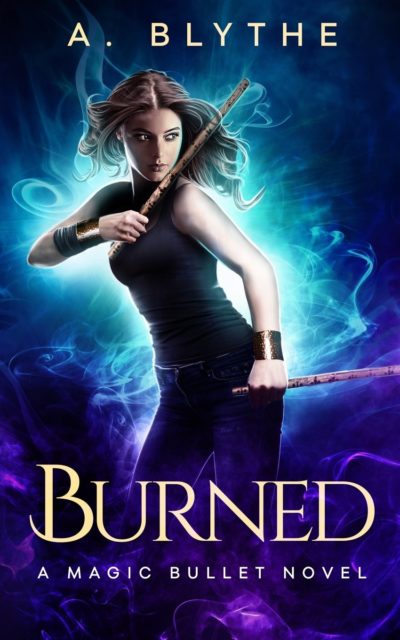 My name is Alyse Winters. I used to be a
My name is Alyse Winters. I used to be a